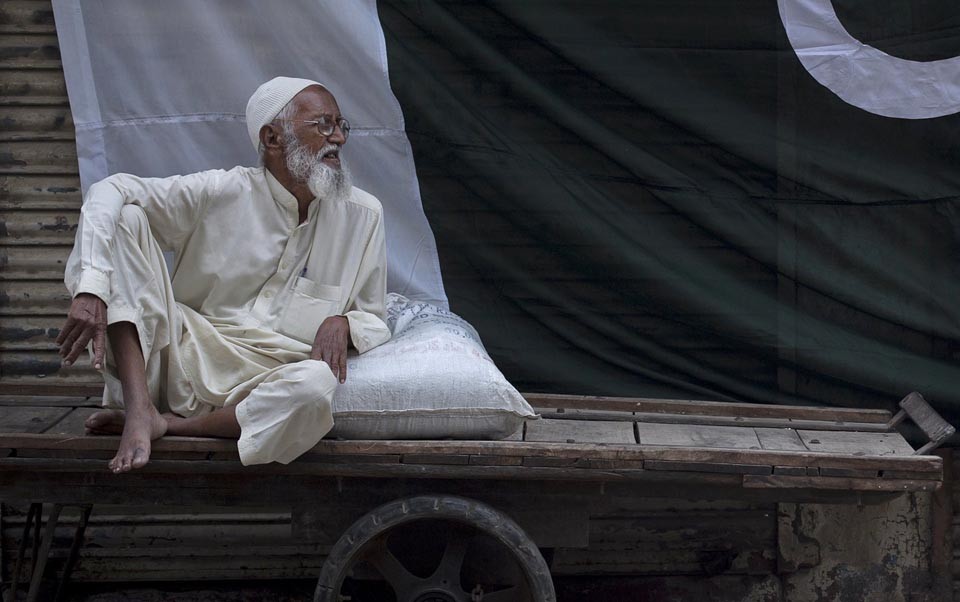
Finding a job after retirement is not easy, since we live in a society that is geared towards the young

The retirement age for men and women employed in the formal sector in Pakistan is 60 years. While this may have been appropriate earlier, improved health services and increase in life expectancy has triggered a debate that perhaps this arbitrary number should be increased by a few years. Today, most 60-year olds, especially those who have done well economically, are still energetic and have quite a few years of productivity left before they are old and frail and can retire. This is evident by the increase in the age of retirement for most developed countries (for Sweden it is 67).
Many countries with a burgeoning youth population have to set the retirement age low in order to create more space for the young. And despite the IMF directives to increase the retirement age of government employees to 62, the Pakistani government has resisted the change. This is because politicians have more to gain from providing for the growing young population than the elderly.
Some people welcome retirement as a much-needed break from the hectic routine they have lead in the last few decades. With their children settled and earning, they see no reason to jump back into the humdrum of working life again. They take their monthly pension and embrace a reclusive lifestyle. For them, it is an opportunity to revisit old hobbies, such as painting, reading, or writing that they had lost earlier. The socially active ones ally themselves with political or social causes, joining NGO’s as honorary members or on the board of governors.
A large number of people at the age of 60 do not step easily into the laid-back lifestyle being offered. At the time of retirement, they have enough experience and contacts to be able to start their own business. This is easier for those who are economically well-off, hence having the fiscal means to invest in a business. They also have the expertise to be hired as consultants by private companies on a contractual basis.
This is especially true for bureaucrats or retirees from the armed services. This is because they understand how the system works, and have specialised knowledge of specific subject areas. A large number are also offered contractual teaching positions at universities and colleges.
The picture that emerges from this is simple -- if you want to continue in your specialised field after retirement, and you are retiring at a high position, you can benefit from the limited opportunity available. But starting over professionally is not an option. Most universities in Pakistan, such as the Punjab University (which limits admissions into the Masters programme at 26 years of age), would not give preference to aging students. This is largely because they can barely cater to young people applying for admission.
A change in area or profession is only possible if the person has enough money to invest in their own business. This is also an option that most old people, who have the economic means, choose since it means flexible work hours.
Finding a job after retirement is not easy, since we live in a society that is geared towards the young. Those who do wish to work have to get creative when looking for employment. Continuing to work though is a simpler option that old people have. It prevents them on becoming dependant on their children. This dependence can at times lead to problems since in urban areas the joint family is declining, leading to a decreased role of the old in the household.